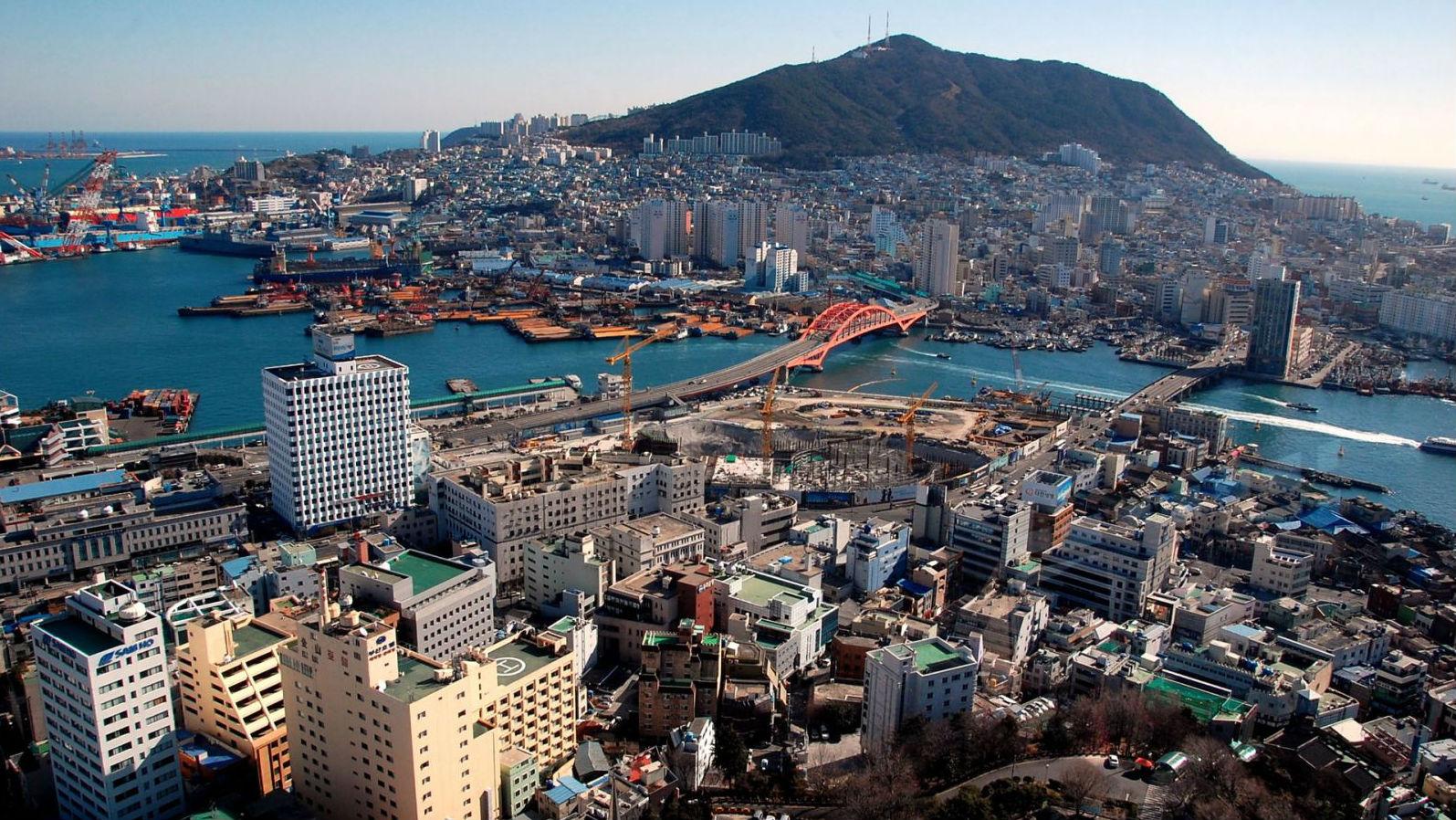South Korean Shipyards Reshape to Survive

Hyundai Heavy Industries has decided to combine its industrial plant and offshore engineering divisions and has introduced a voluntary retirement scheme that it hopes will cut 1,500 jobs. The moves come amidst concerns for decreasing global oil prices, market uncertainty and competition from Japan and China.
By combining divisions, the company hopes to reduce costs through the bulk purchase of components and materials, the company told local media. This will help minimize the losses being experienced by the industrial plant division, some of whose employees might take up design and sales position in offshore engineering.
Approximately 1,000 employees are reported to have applied for the voluntary retirement program which could trim the 28,000 strong workforce by about five percent.
Hyundai management reached a tentative wage agreement with its labor union at the end of last year, but last week a 66 percent majority of the 16,000-member union voted against accepting it.
Hyundai has already reduced the number of executives at the company and two affiliates Hyundai Mipo Dockyard and Hyundai Samho Heavy Industries by one-third, reports Yonhap.
Meanwhile, Daewoo Shipbuilding & Marine Engineering (DSME) has indicated this week that it is trying to sell its stake in golf course operator, FLC. The sale is part of a plan to dispose of non-core assets.
“We are examining preliminary proposals for the stake sale, which we received from multiple potential buyers at the end of last year,” the company said in a statement.
DSME was the only one of South Korea’s largest shipyards to meet its order target last year with orders worth $14.9 billion for 68 ships and an offshore platform. The figure is also the second highest amount of annual orders since the company’s establishment in 1973, after recording $21.5 billion in 2007.
The company has won orders for 69 ships for this year, 37 of them LNG vessels, reports the Korea Herald.
Hyundai Heavy Industries and Samsung Heavy Industries failed to meet their targets of $25 billion and $15 billion respectively.
South Korean shipbuilders have become increasingly reliant on orders for rigs and drill ships, however, doubt is cast over this source of revenue as global oil and gas companies cut spending on exploration.
The nation’s biggest direct beneficiaries from the current low oil prices are airlines, although airline operator Hanjin Group has been clouded by debt problems partly as a result of its shipping affiliate Hanjin Shipping. However, the shipping line is also expected to benefit through reduced fuel costs as oil prices decline.
